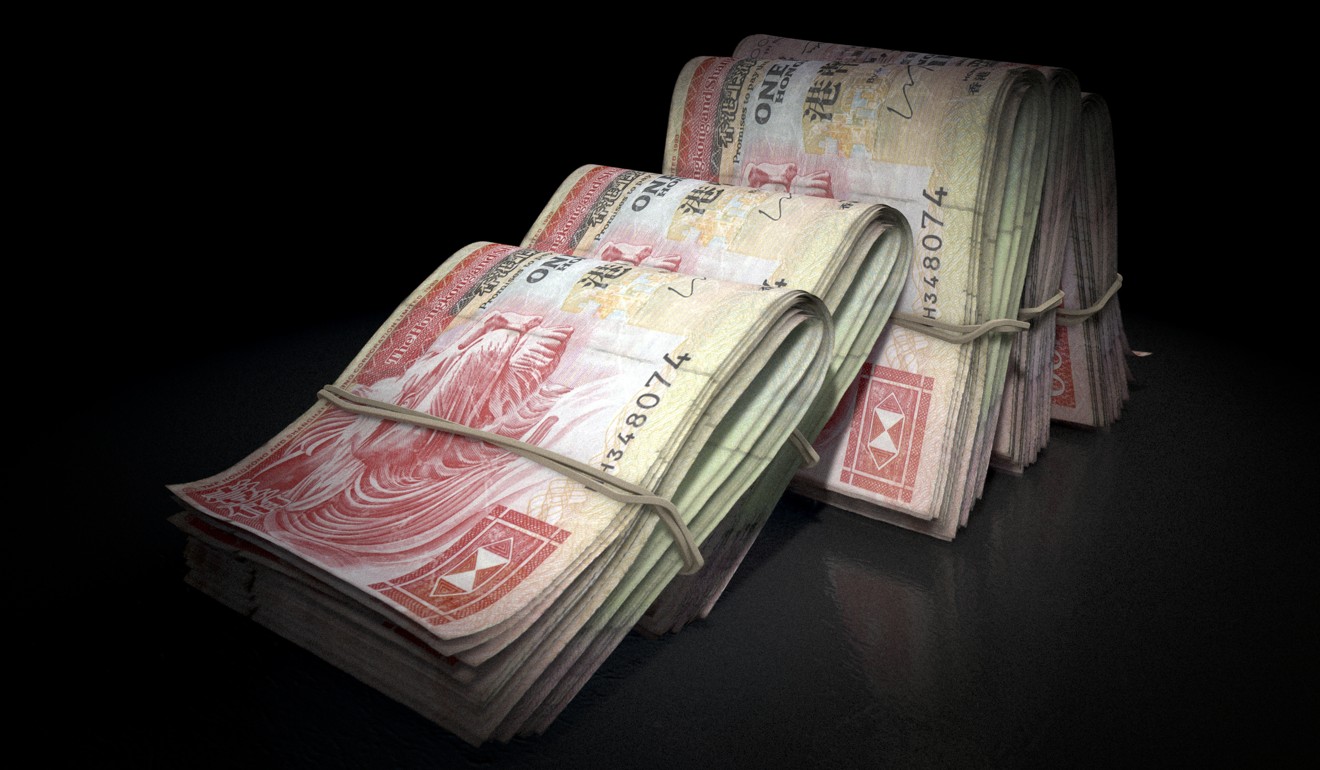
HK$6 billion in scammed funds transferred through Hong Kong bank accounts in past 15 months
- Police anti-fraud squad seized more than HK$1.1 billion, or 20 per cent of the payments, but fraudsters pocketed the rest
Close to HK$6 billion (US$768 million) swindled from victims of various online and phone scams in Hong Kong and around the world was transferred through bank accounts in the city over the past 15 months, the Post has learned.
A police anti-fraud squad set up last July seized more than HK$1.1 billion, or 20 per cent of the payments, but fraudsters pocketed the rest.
Investigations indicated that a portion of the money was laundered through local bank accounts and moved around the world before the authorities lost track of it, one law enforcement source said.
“A large sum of swindled money was first funnelled into several local bank accounts from overseas and then laundered through layers of accounts before being remitted out of Hong Kong,” he said. “Tens of accounts were used to launder dirty cash in one case.”
The anti-fraud squad has identified thousands of individuals and company accounts in the city that were used to collect and launder such sums.
Last month, police arrested a businessman and his female business partner after his bank account was found to have been used to collect and launder HK$620 million obtained in scams during the first seven months of this year.
Huge explosion in online scams in 2018, mostly romance-related
Investigations showed the money was transferred to the account after being laundered through more than 10 accounts. Officers seized HK$33 million from the suspect’s account.
The Post reported in August that underground money changers worked with international fraudsters and recruited mainlanders to come to the city and open accounts that were used to launder scammed funds.

As of the end of October, the Anti-Deception Coordination Centre had received nearly 2,000 requests to halt payments from victims of online and phone scams, involving losses of almost HK$6 billion. The centre has helped to freeze HK$1.16 billion in swindled money before it was transferred to the scammers’ accounts.
Commercial email fraud cases accounted for about half of the requests. Swindlers typically hack into the computer servers of targeted companies around the world to learn about their clients and businesses before using the information to impersonate senior executives and eventually order money transfers. Other cases included social media deception cases – including romance scams – and phone scams and investment fraud cases.
Two arrested in HK$620 million Hong Kong money laundering case
While dealing with about 30,000 calls to the centre’s 24-hour anti-scam helpline at 18222, officers prevented 163 callers from being duped.
In this year’s biggest commercial email scam, the squad helped a company in Spain seize HK$60 million after the firm was tricked into transferring 11 million euros (US$12.5 million) to several bank accounts in Hong Kong in June and July.
‘French businessman’ cons Hong Kong woman out of HK$730,000
The Post was told that no money was retrieved because the victim realised it was a scam only in August, long after her last transaction.
In Hong Kong, money laundering carries a maximum penalty of 14 years’ imprisonment and a HK$5 million fine under the Organised and Serious Crimes Ordinance.
Under the Theft Ordinance, the offence of obtaining property by deception carries a maximum penalty of 10 years in jail.

